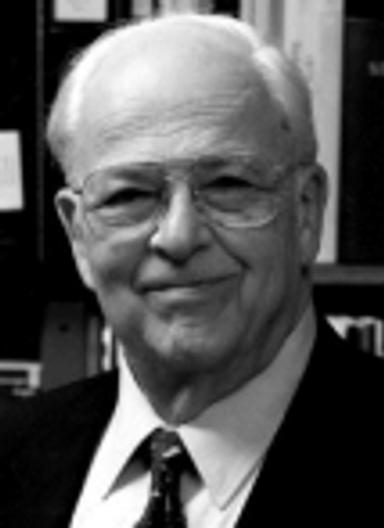Burton Richter
Burton Richter is the Paul Pigott Professor in the Physical Sciences, Stanford University and Director Emeritus at the Stanford Linear Accelerator Center. His research has centered on experimental particle physics with high-energy electrons and electron-positron colliding beams. He began as a post doc at Stanford University in 1956, became a professor in 1967, and was Director of the Stanford Linear Accelerator Center from 1984 through 1999.
Richter received the Nobel Prize in Physics (1976) and the E.O. Lawrence Medal of the Department of Energy (1976). He is a member of the National Academy of Sciences and the American Philosophical Society; a Fellow of the American Academy of Arts and Sciences, of the American Association for the Advancement of Science, and of The American Physical Society (President, 1994). He was President of the International Union of Pure and Applied Physics (1999-2002).
He has served on many advisory committees to governments, laboratories and universities. He recently served on the Secretary of Energy Advisory Board, Laboratory Operations Board, Nuclear Energy Task Force (2000-2006) and chaired the National Research Council's Board on Physics and Astronomy. Currently, he chairs the Transmutation Subcommittee of the Nuclear Energy Advisory Committee and serves on the Lawrence Berkeley National Laboratory Advisory Board. He is a member of the French Commissaire a l'Energie Atomique (CEA) Visiting Group and the Jason Group.
He is interested in industry and its use of science and technology and has been a member of the General Motors Science Advisory Committee, chairman of the technology advisory board of an artificial intelligence company, a member of the Board of Directors of Varian Associates and Varian Medical Systems, and AREVA Enterprises, Inc. He is a member of the Board of Directors of Litel Instruments.
He received his B.S. and Ph.D. from the Massachusetts Institute of Technology in 1952 and 1956, respectively.
Recent Events and Presentations
Energy Innovation 2010
ITIF and other leading policy think tanks host a day-long conference to ask the hard questions about energy technology policy and innovation in America.


